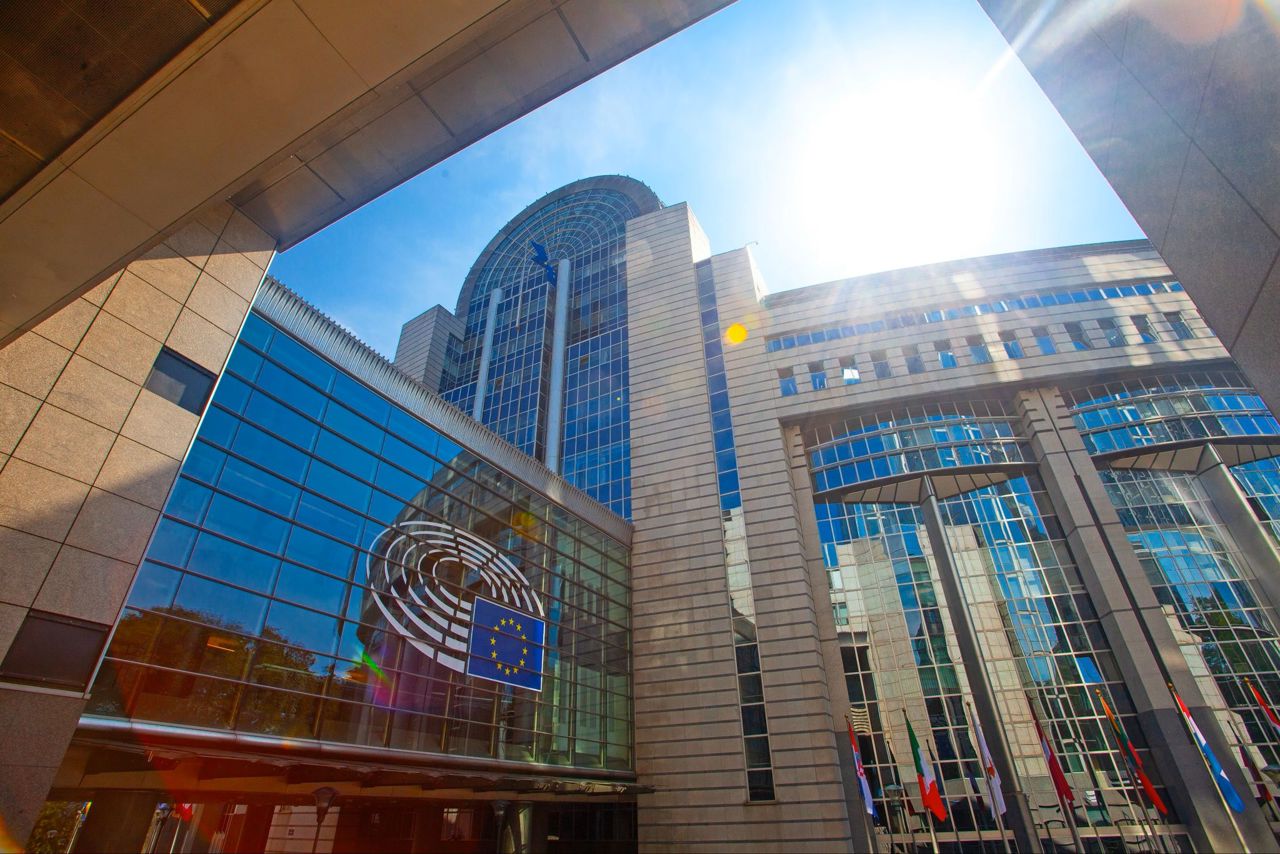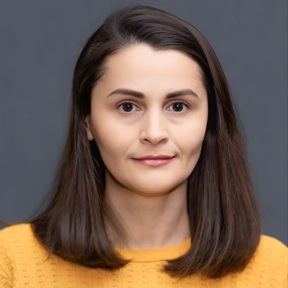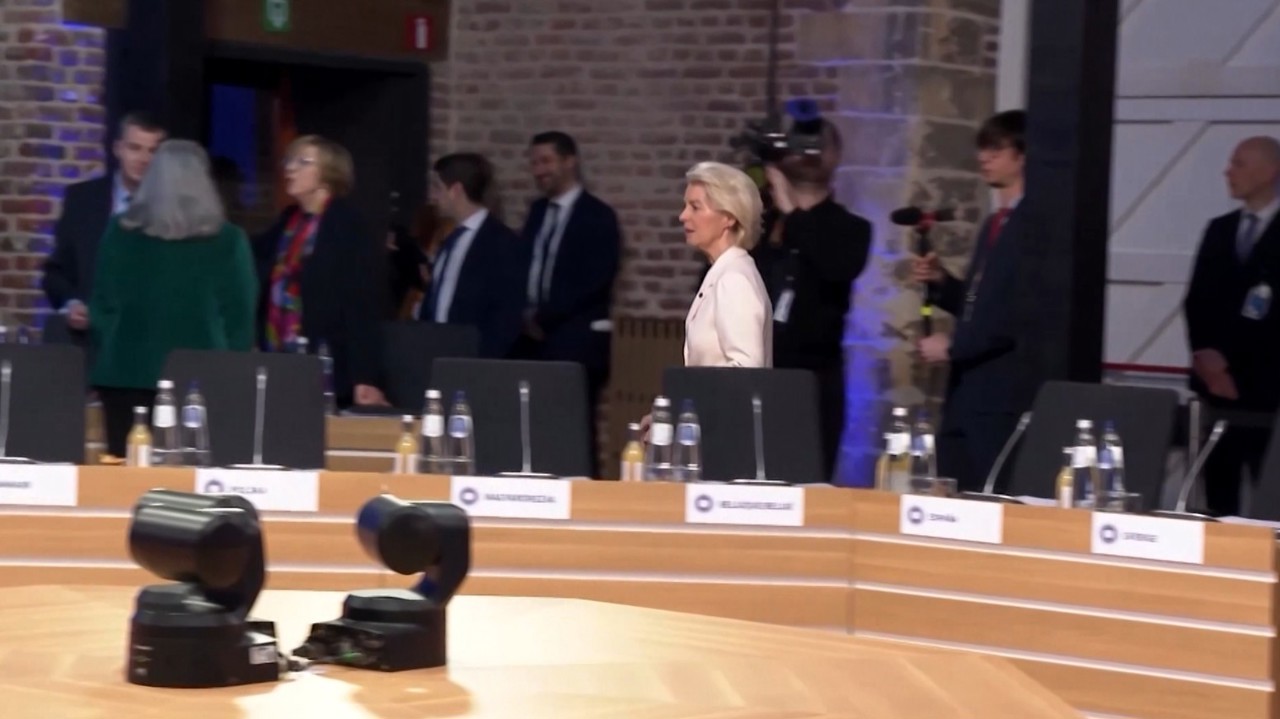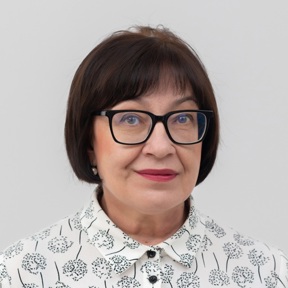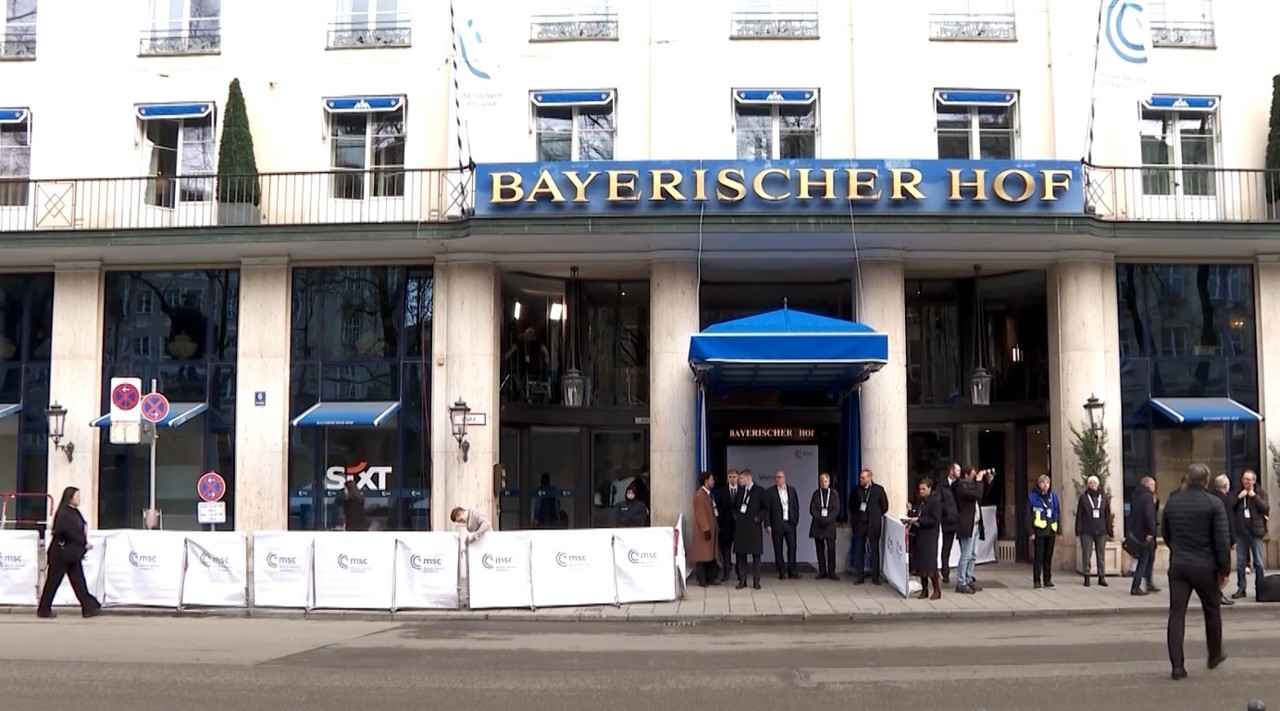Bulgaria faces protests over controversial LGBT bill
Demonstrations have occurred and continue to occur in several major cities across Bulgaria. Many NGOs have formed a coalition to pressure the Bulgarian president to veto a controversial bill that bans the “promotion” of “non-traditional” sexual orientations in schools.
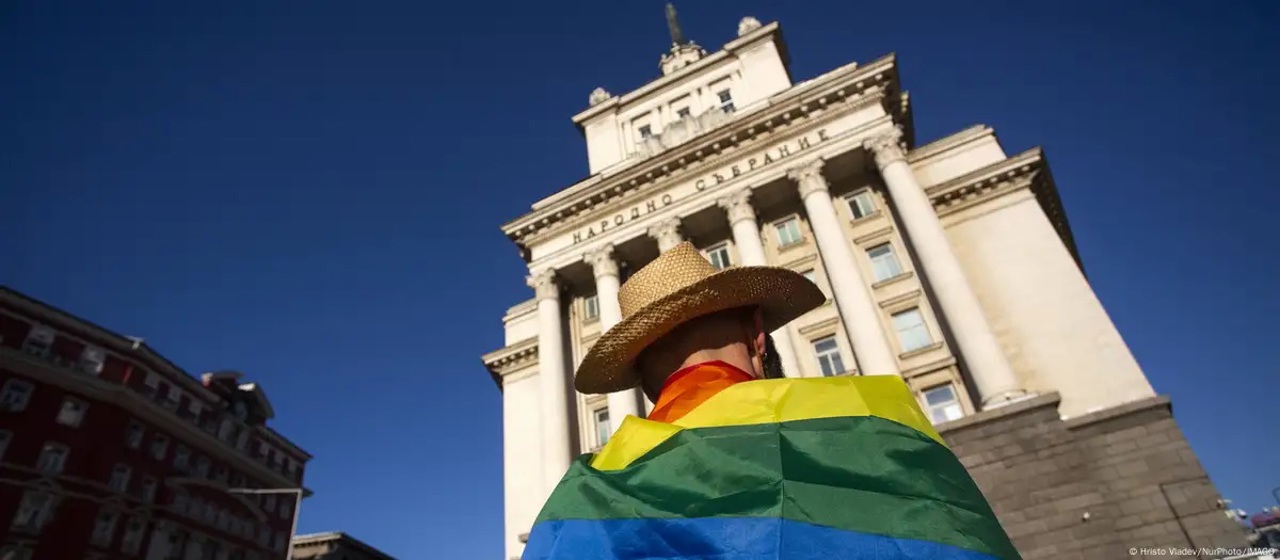
Over the past four days, protests organised by LGBT and feminist groups have taken place in Sofia, the capital of Bulgaria, and in the port city of Varna.
Additional demonstrations organised by Bulgarians abroad are scheduled for this week in Berlin and Paris.
Michael O'Flaherty, the Council of Europe Commissioner for Human Rights, has expressed “profound concern” about the law adopted by the Bulgarian parliament targeting “propaganda” related to LGBT issues in schools, and has urged President Rumen Radev not to sign it.
The outcome now depends on President Radev, who has the constitutional power to veto this law and return it to parliament.
The law originated from the pro-Russian party Revival and was adopted by the Bulgarian parliament last week. It bans “propaganda, promotion, or incitement, whether direct or indirect, of ideas and opinions related to non-traditional sexual orientations and the determination of sexual identity, other than the biological sex” in schools.
135 out of 240 parliamentarians voted in favour, despite the country’s repeated failure to form a new government after the inconclusive general elections in June.
NGOs are urging the Bulgarian president to oppose the anti-LGBT law.
A petition addressed to the president, initiated by teachers and supported by feminist groups, argues that the bill is vague and could lead to the harassment and discrimination of LGBT children. Furthermore, NGOs worry that teachers might be dismissed if they do not follow the government’s directives.
The petition demands “clear and unequivocal commitments to prevent and address aggression and violence in schools.”
One factor contributing to the bill's adoption was recent transphobic debates in the media about the Olympic Games. For instance, Algerian boxer Imane Khelif, who has a solid physical build, was “accused” of being a man and thus of cheating by competing in female events.
In 2020, Bulgaria was ranked 37th out of 49 European countries for LGBT rights protection by ILGA-Europe. Like most Central and Eastern European countries, post-communist Bulgaria has conservative social attitudes toward issues such as homosexuality and transgender individuals.
Bulgaria is the second country in the European Union, after Hungary in 2021, to enact such a law.
AUTHOR: Dan Alexe
Translation by Iurie Tataru
